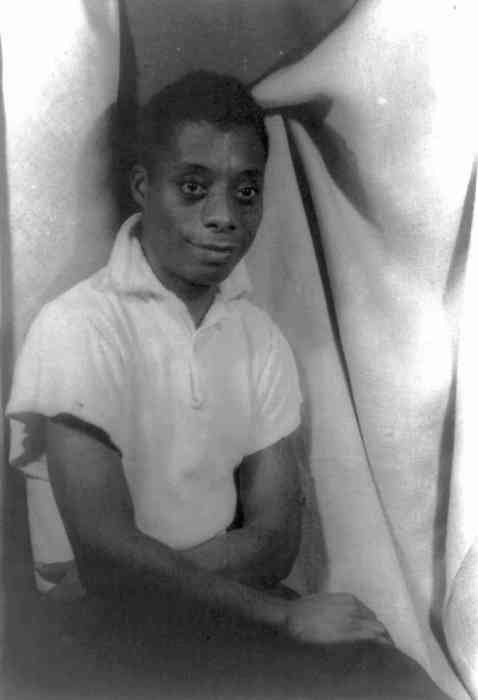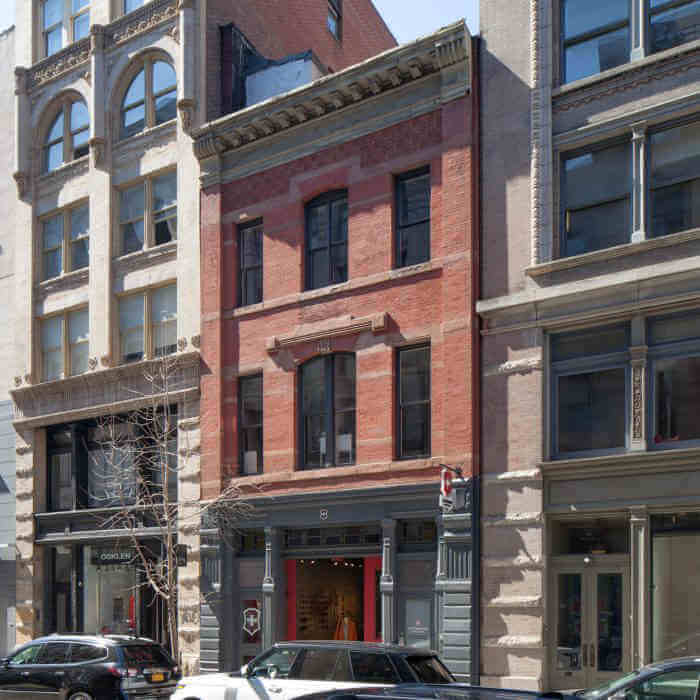The art book adaptation of Merril Mushroom's “Bar Dyke.” | PEGACORN PRESS
Merril Mushroom’s “Bar Dykes,” written in the 1980s, concerns a lesbian bar in the 1950s. It has a cast of 11, butches and femmes, who gather each night at the bar, cruising, dancing, and drinking, with the threat of Lily Law always imminent.
Performed once in Florida and once in Los Angeles, it hasn’t been seen since.
Now, Mushroom’s play is getting its first New York reading, presented by TOSOS and the Queerly Festival on Thursday, June 21 at 7 p.m. at the Kraine Theater. The hope is that the reading will open up the opportunity for a full-blown production.
How did this reading come about after so many years?
Mushroom (her nom de plume) left New York many years ago, moving to rural Tennessee, where she adopted and co-parented five children and has been an activist on children’s issues, gay rights, the anti-racism fight, and healthcare for everyone in rural America.
“I used to hang out at the Caffe Cino [the birthplace of Off-Off Broadway theater] in the ’60s,” she recalled in a recent phone conversation. “That’s where I met [playwright] Bob Patrick. I lived at 153 First Avenue. He lived across the hall from me, and so did several other playwrights. I worked at a school for kids with autism, where we got lunches delivered, and every day I would bring home all of the extra lunches for the starving playwrights.”
Mushroom left New York, in 1972, and Patrick relocated to the West Coast. But they stayed in touch, and he got “Bar Dykes” produced in Los Angeles.
“I don’t consider myself a playwright,” Mushroom said. “I consider myself a prose writer of many different kinds. I’ve written for everything from confession magazines, back in the ‘70s,” and she’s also produced hundreds of articles for queer and feminist magazines. She has a wide and diverse circle of friends, family, and activists all over the country.
The path to this week’s New York play reading traveled through misfortune: Mushroom’s house burned down.
“It was a great big huge house that we built ourselves, pounding in every nail by hand,” she said. “It was really rough, but enormous. And it took several years to build it, and we lived in it 20 years, and it caught fire when nobody was home one day.”
Friends and neighbors helped them rebuild, and the Internet pitched in, with an online campaign raising funds and alerting people who had copies of Mushroom’s written work, most of which was destroyed in the fire, to send them to her.
Someone sent her a copy of “Bar Dykes.”
Mushroom shared the play with artist Faythe Levine, who took it to Caroline Paquita, an artist and the publisher of Brooklyn-based Pegacorn Press. Together, they assembled the playscript, an interview with Mushroom, and published an art book of “Bar Dykes.”
Mushroom sent it to Robert Patrick, the unofficial head of the Caffe Cino alumni, who spends much of his time promoting the legacy of the theater and its artists.
Patrick sent it to me because of my work with TOSOS (The Other Side of Silence), New York’s oldest professional LGBTQ theater.
As soon as I read the play, I knew we had to find a way to get it seen in New York. We’ve been looking for the right opportunity. It’s a big play and requires a lot of strong actors, and we knew we had to do it justice.”
TOSOS brought on actor/ playwright Virginia Baeta (“Damaged Goods”) to direct when the Queerly Festival invited the company to present a piece.
Erez Ziv, who runs Frigid New York @ Horse Trade, and Kevin R. Free, who writes and curates a lot of great work including Frigid’s Queerly Festival, together sort of function like a modern Caffe Cino. They make it possible for artists to put on their work and are an essential part of the indie theater community.
Baeta has assembled a cast of queer and queer-adjacent performers, including Elizabeth A. Bell, Drae Campbell, Stevie Goughnour, Milo Jordan, Christina Liang, Shannon Lippert, Cristina Pitter, Elisabeth Preston, Karen Stanion, Opal Taylor, Rebecca White, and Patrick Porter.
Mushroom doesn’t travel much these days, so she won’t be in attendance.
Insisting she’s not doing as much as she used to, she went on to say, “Working pretty intensively with local health departments to provide medical care for people who can’t get it. We have a lot of people who are farmers, who are old, who don’t get Medicare because they never were involved in that system, especially women. I’m also working with Planned Parenthood to get a mobile van to provide health care for the queer community, because they have to travel so far for it, and you have trans men who need pap smears and [have] other trans health issues. People [health care workers] don’t understand that.”
That’s how Mushroom describes not doing so much.
I hope people come out to see “Bar Dykes,” and that we can figure out a way to get it a full production. And someone needs to look at making a film about Mushroom’s life. It’s a pretty amazing story.
BAR DYKES | Kraine Theater, 85 E. Fourth St., btwn. Bowery & Second Ave. | Jun. 21 at 7 p.m. | $20 at bit.ly/2li3fnm
BAR DYKES | Merril Mushroom, Faythe Levine & Caroline Paquita | Pegacorn Press | carolinepaquita.com



































